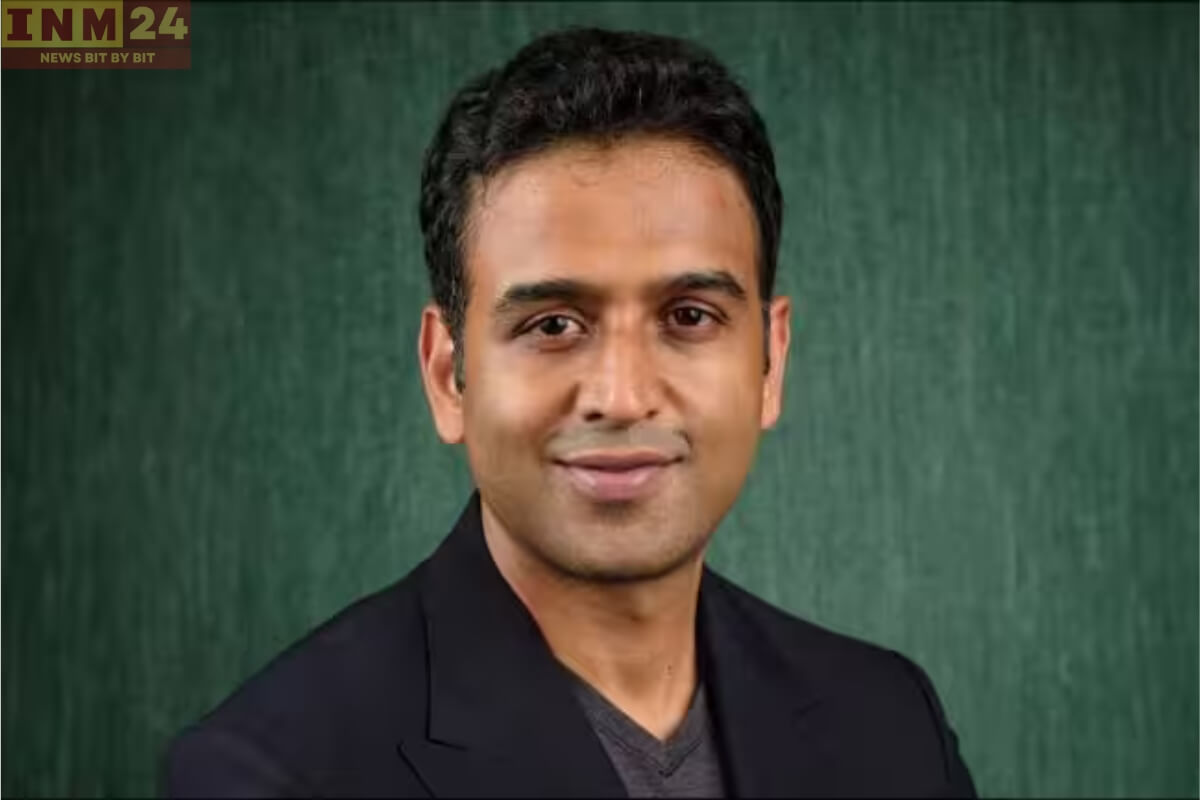Zerodha co-founder Nithin Kamath’s journey to recovery after experiencing a stroke has shed light on the importance of dietary and lifestyle adjustments for stroke survivors. Kamath’s experience underscores the significance of proactive measures in managing post-stroke health and well-being.
Navigating Recovery: Kamath’s Journey to Rehabilitation and Dietary Adjustment
Following his stroke, Kamath embarked on a journey of rehabilitation and recovery, guided by medical professionals and supported by his own determination. Central to his recovery process were dietary modifications aimed at promoting cardiovascular health and reducing the risk of future incidents. Kamath emphasized the importance of incorporating nutrient-rich foods such as fruits, vegetables, whole grains, and lean proteins into his daily diet while minimizing the intake of processed foods, saturated fats, and sodium.
In addition to dietary changes, Kamath embraced a holistic approach to recovery by prioritizing lifestyle adjustments. Regular physical activity became an integral part of his routine, with a focus on low-impact exercises tailored to his individual needs and capabilities. Exercise not only helped improve Kamath’s physical fitness but also contributed to his overall mental and emotional well-being, providing a sense of empowerment and control over his recovery journey.
Beyond diet and exercise, Kamath recognized the importance of stress management and relaxation techniques in promoting recovery and reducing the risk of recurrent strokes. Mindfulness practices, such as meditation and deep breathing exercises, played a crucial role in helping Kamath alleviate stress and anxiety, fostering a sense of inner peace and resilience.
Kamath’s journey serves as an inspiration for stroke survivors and individuals at risk of cardiovascular events, highlighting the transformative impact of proactive lifestyle changes on post-stroke recovery and long-term health outcomes. By prioritizing healthy eating, regular exercise, stress management, and mindfulness, stroke survivors can optimize their physical and mental well-being, empowering themselves to lead fulfilling and vibrant lives beyond their diagnosis.
